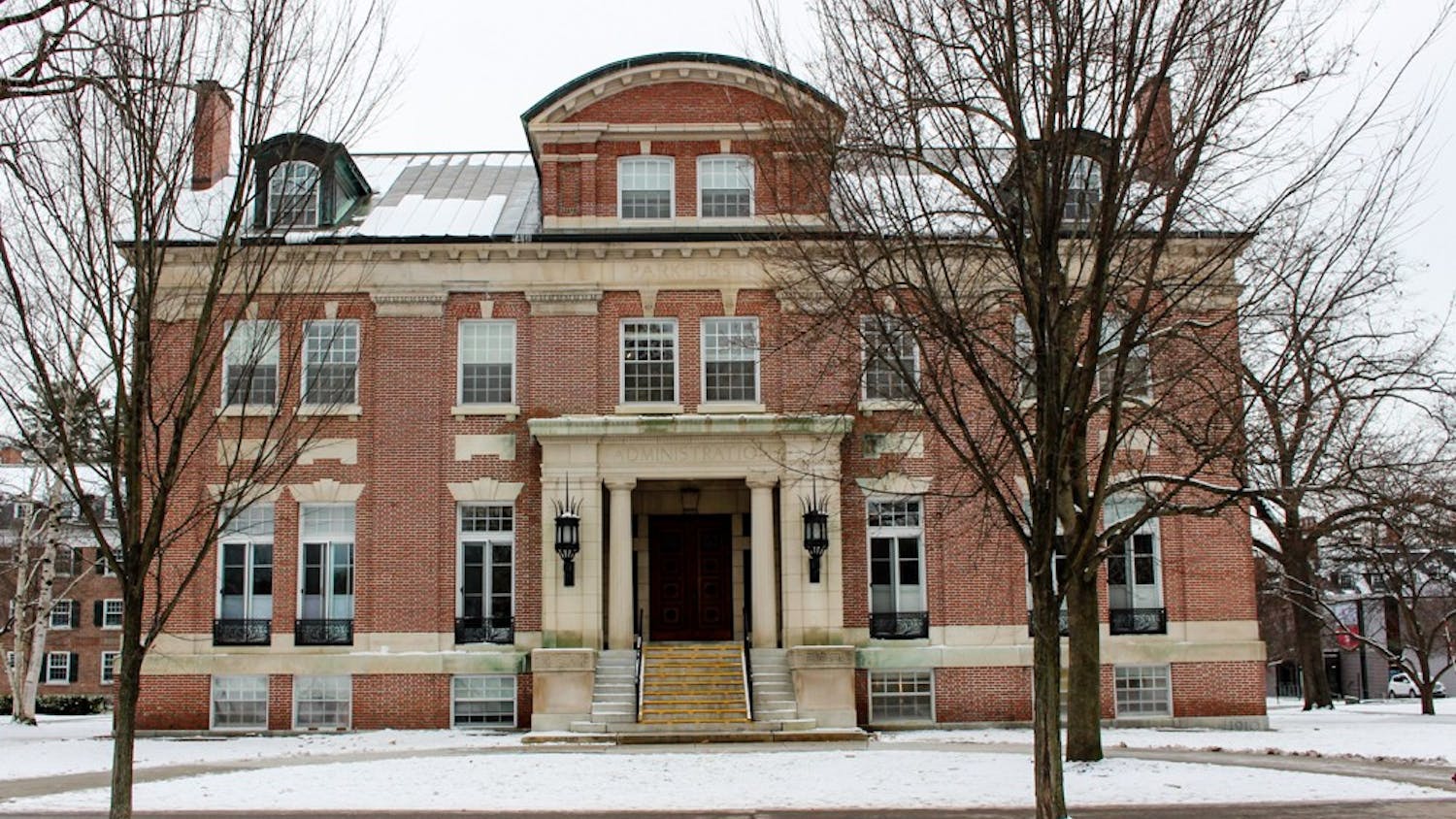According to Tom Friedan, the former director of the Centers for Disease Control and Prevention, the U.S. could need up to 300,000 contact tracers to help contain the COVID-19 outbreak. Meanwhile, distributing any potential vaccine, especially to areas underserved by the current health care system, will require an unprecedented effort. In light of the current and future need for workers to help contain the pandemic, Dartmouth should consider giving a half-course credit to students who serve in such roles.
Dartmouth does not currently offer any credit for internships. Colleges have a valid interest in restricting credit to academic coursework, and I do not oppose the rationale behind this decision. But the high-minded ideals of education are not a pass to ignore situations of dire need, nor to downplay service to the community. Indeed, responsibility is central to Dartmouth’s institutional mission. According to the College’s statement of core values, Dartmouth endeavors “to instill a sense of responsibility for each other and for the broader world.”
A half-credit would respect the importance of academics and service alike. Students would still have to take a similar overall number of courses. Even in itself, such an allocation would recognize service to humanity at a time when it is desperately needed, giving them a permanent record of their contribution on their transcripts.
Undergraduate students may be well-suited to these non-specialized health care roles. Contact tracing, where the need for more workers is perhaps most acute, can involve making phone calls and directing exposed individuals to self-isolate and get tested — advanced medical training is not typically required. But despite its relative simplicity, the job isn’t easy. Partners in Health — a Massachusetts-based community health organization hiring workers for the state’s tracing network — notes a need for “excellent interpersonal skills … with culturally diverse individuals” and an “ability to show empathy to distressed individuals.” These requirements fit squarely with the desire for responsible leadership outlined in the College’s mission.
To be sure, the world has faced other great challenges and health threats. But COVID-19 is a unique disease that has required uniquely strong control measures. While such measures are necessary to save lives, the International Monetary Fund projects that the world will face the worst economic crisis since the Great Depression. In the view of health experts, contact tracing and testing, and ultimately the distribution of a vaccine, are the keys to safe reopening. Without properly controlling the virus, we face an unprecedented threat from the potential of a “second wave” and even worse economic damage.
The need for an increased health care presence will not disappear even if cases decline. When vaccines are approved, however long that may take, a massive effort will be required to quickly immunize as many as people possible. Even with enough capacity to manufacture vaccines — itself an open question — mass vaccination is difficult. There will be a need for public outreach, contacting individuals with information about where to get the vaccine and reaching out to marginalized communities, where mistrust of the medical community can be high. In order to run services like mass vaccination clinics, public health departments also need practitioners licensed to administer vaccines. According to one analysis, public health efforts will need to triple the number of providers registered to administer vaccines, largely by enlisting already-trained individuals such as EMTs, of which there are a number in Dartmouth’s student body.
The College should allow students to pair their health care experience with existing health-related courses, or new offerings, to convert their experience to a full credit. The anthropology department already offers a global health minor, and there are several biology courses which give students a chance to analyze diseases. Students with practical experience could help enrich the learning experience of others, and an in-class learning component would nicely complement their practical work. Dartmouth could also explore the potential for a new half-credit course designed specifically to pair with such health care work experiences — allowing students the benefit of fulfilling course load requirements while still receiving classroom learning time.
Combating a global pandemic is an affirmation of Dartmouth’s values as an academic institution. Recognizing students for their assistance in this time of need does not dilute the value of a Dartmouth education — it strengthens it, tying scholarship to service. With the College indicating remote learning may continue for some in a reduced-occupancy fall, a meaningful acknowledgement of service will be the perfect antidote to continued alienation and isolation from learning. Giving students a half-credit for their efforts isn’t just a nice gesture — it’s a fair way to recognize the value of responsible leadership.


